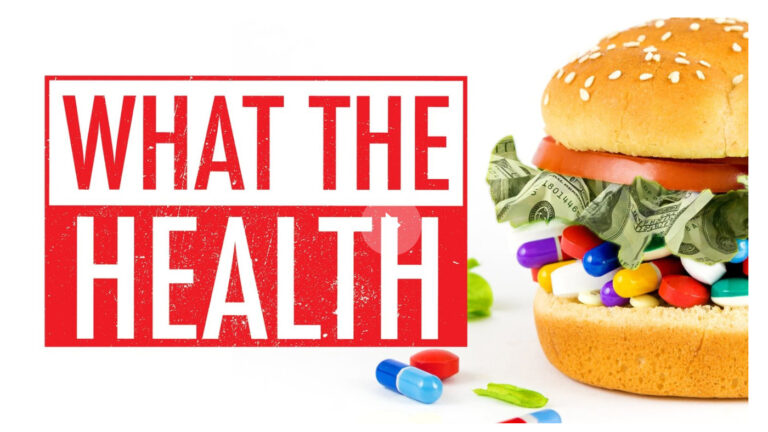
The Truth About "Healthy" Foods: Unveiling Healthier Alternatives
There appears to be a new superfood or ingredient that will improve your immune system, help you lose weight, and give you more energy every week. Food businesses have been advertising products containing additives, chemicals, and questionable substances for years while positioning them as healthier alternatives. On the other hand, certain products may actually harm your health. In this post, we will examine some purportedly “healthy” foods and present preferable substitutes.
Granola
Granola is not the best option, despite frequently being promoted as a nutritious morning food. Because it contains so many useless calories and sugar (8 to 12 g per serving), it is essentially a dessert. Your health may suffer if you eat too much sugar in the morning since it raises your risk of developing cancer, diabetes, and obesity. A quick fix is to make your own granola or granola bars at home with nutrient-rich ingredients including oats, almonds, seeds, and dried fruits for sweetness. As an alternative, think about adding crunchy chia or hemp seeds to your yogurt or oatmeal bowl.
Enhanced Fruit Juices
Despite its reputation, fruit juice needs to be crossed off your list of things to buy. It does not have the wholesome fiber present in entire fruits, only a concentrated amount of fructose. Numerous benefits of fiber include lowering the risk of heart disease, diabetes, obesity, and high blood pressure as well as reducing the rate of sugar absorption and minimizing unexpected sugar surges. Pick entire fruits or freshly squeezed juices instead.
Detox Snacks
In contrast to high-fat potato chips, vegetable chips are frequently promoted as being healthier. However, a lot of store-bought brands are deep-fried and packed with fat, sodium, and chemical additives and are to be avoided at all costs. Make your own vegetable chips instead by using carrots, zucchini, radishes, or cabbage. Additionally, roasted pumpkin seeds, roasted chickpeas, and fat-free popcorn are fantastic and healthful snack choices.
Inorganic sweeteners
Artificial sweeteners, which can be found in a variety of “healthy” foods, are actually bad for your health. Aspartame, sucralose, and saccharin, among other sweeteners, have been shown in studies to increase appetite and cause food cravings, which can result in weight gain and harm gut health. To naturally sweeten your meals, use fresh fruit, stevia, raw honey, or maple syrup. Avoid diet goods that include artificial sweeteners. Your sweet tooth will be satiated by these substitutes without the use of chemicals or other dangerous ingredients.
When it comes to “healthy” foods, avoid being duped by misleading marketing tactics. Although they may seem like sensible options, granola, processed fruit juices, diet foods, and artificial sweeteners can be harmful to your health. Instead, take charge of your nutrition by making your own granola, choosing whole fruits, making your own vegetable chips or other nutritious snacks, and naturally sweetening your meals. You may put your health first and take advantage of genuinely nourishing options by making informed decisions.